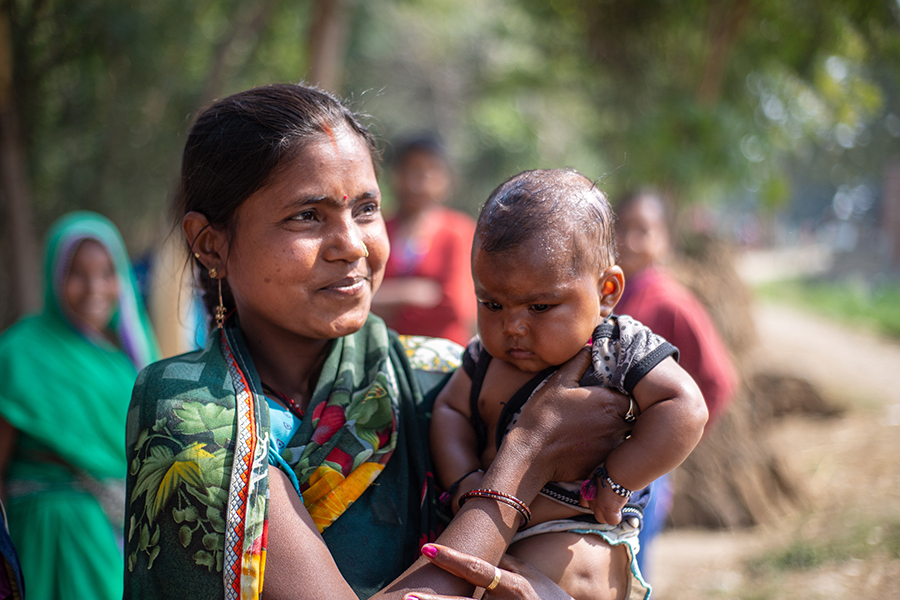What's in your shirt? A word about sustainability.
Why do we make our carpets and textiles in India only from local Indian materials, why in South Africa are shades made from local recycled materials, in Bolivia from local alpaca wool, in Cambodia from the surplus fire of a local silk factory? Because Mum’s will be completed as a local production.

For example, the materials of Mum’s rugs and textiles made in India are 100% Indian because Mum’s production chain is always transparent, regardless of the country. We know who does where and how. We know from which sheep the wool is wound. If we made a rug in New Zealand, for example, we would use New Zealand wool. But the wool of our carpets, which are being made in a small village in India, is obtained locally free from grazing sheep, which are also a livelihood for local people. To leave the village, we leave the village by bicycle and the wool is transported back to the village to be processed by the cockpit of the same passing game. Everything happens organically, with human energy.
The problem of cheap imported material and remote production applies to all consumer goods. Cheap wool is produced and cheap wool would be available. The price of the material affects the consumer price of the final product. However, no one in India can guarantee that mulesink was not used to cut imported wool. In India, New Zealand wool is sold and blended with local wool in a ratio of 20% local + 80% New Zealanders. From New Zealand, not only a trip to India is an environmental burden, but mulesing is still in use. It means the efficient production of a sheep, in which the sheep are incised and the hair is “peeled” when coiled. The method is fast, economically effective and painful for the animal. Villa Mum’s products are wound from sheep in the traditional way in an animal-friendly, slow and manual manner. We know this is happening because it is happening under our eyes.


The more intermediaries, often its more obscure production chain. As a local production, transparent manufacturing is not the cheapest of the options, but the clearest it is and in its simplicity the most friendly to the environment and people. Paying a person for handicrafts, for a trip to pasture, is more expensive for us than if we bought wool ready-made. From plastic bottles recycled in Africa to shades we made with Heath Nash, plastic is collected, washed and cut by hand. Similar plastic flowers would be available more cheaply from China. Sou?

All over the world, society is not as organized as we are. Everywhere, society is not able to take care of its own, unlike us. If there is no work there is no income. Mum’s employs people with fair wages where things aren’t quite as good as here. The ecology and ethics of the production of raw materials and materials must be taken into account when choosing responsible material.

Locally, manufacturing with everything, local production and human hands is the most environmentally friendly of all manufacturing options. Mum’s takes responsibility for man and the environment. That's where it all started and it continues. Otherwise, it makes no sense for us to even exist. Just which one would you rather read “Made in Finland” or “Made in China” on your shirt?
I hope it matters.